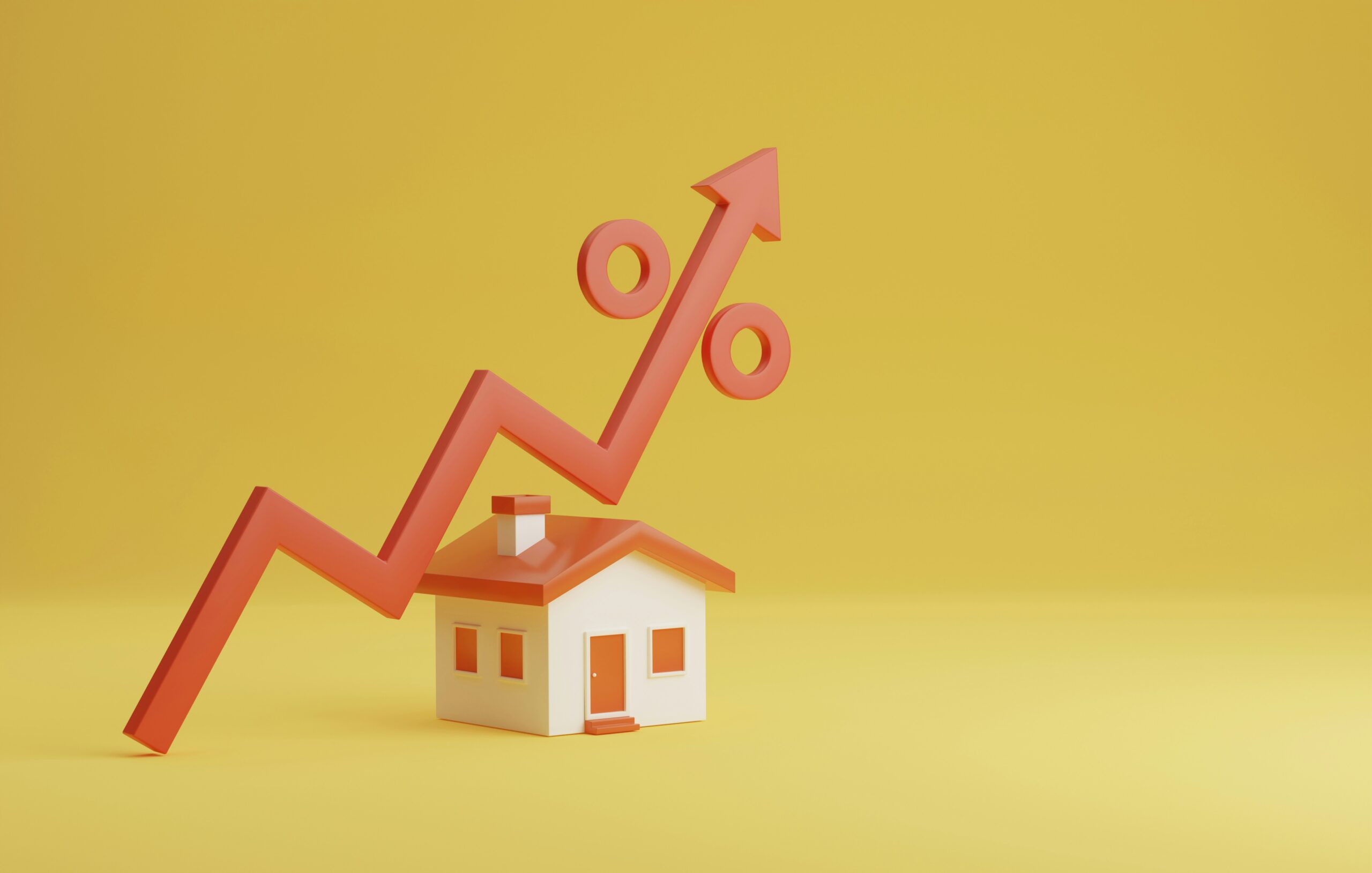
The real estate market is deeply intertwined with the broader economy, making it highly susceptible to economic cycles. Investors who understand these cycles can make more informed decisions, maximizing returns while minimizing risks. Economic cycles influence property values, rental demand, interest rates, and investment strategies. By analyzing how different phases of an economic cycle affect real estate, investors can tailor their approach to adapt to changing market conditions.
Understanding Economic Cycles in Real Estate
Economic cycles refer to natural economic fluctuations over time, consisting of four main phases: expansion, peak, contraction, and trough. Each phase impacts real estate in unique ways. During an expansion, the economy grows, employment rises, and consumer confidence strengthens. This leads to increased demand for real estate, higher property prices, and favorable financing conditions. Property values reach their highest point at the peak, and speculation often drives investment decisions.
A contraction follows, where economic growth slows, unemployment rises, and demand for real estate declines. This results in lower property values and higher vacancy rates. The trough marks the cycle’s lowest point, after which the economy begins to recover. Understanding these phases allows investors to adjust their strategies accordingly.
Real Estate Investment Strategies During Expansion
Investors take advantage of rising property values and low interest rates during an expansion. The increased demand for housing, office spaces, and commercial properties presents opportunities for both short-term and long-term investments. Many investors focus on acquiring properties for capital appreciation, knowing that prices will likely continue to rise.
Real estate developers also thrive during this period, as favorable financing conditions and high consumer confidence increase construction activities. Rental properties generate strong cash flow, as employment rates are high and people can afford higher rents. Investors may also explore flipping properties, buying undervalued assets, renovating them, and selling for a profit.
Navigating Investments at the Peak of the Cycle
When the market reaches its peak, investors must exercise caution. Property prices are at their highest, making it riskier to buy at inflated values. Speculative investments become more prevalent, and those who enter the market without considering potential downturns may face financial losses.
During this phase, some investors shift their focus toward stabilizing their portfolios. Selling high-value properties to lock in profits or refinancing existing properties to take advantage of favorable interest rates can be wise moves. Some diversify their investments by exploring recession-resistant asset classes, such as affordable housing, healthcare facilities, or rental properties in high-demand areas.
Adapting to Market Contractions
A market contraction brings economic challenges that impact real estate investments. As economic growth slows, consumer spending declines and businesses reduce operations. This leads to lower property demand and declining values. Investors who purchased properties at high prices during the peak may experience difficulty maintaining profitability.
During a contraction, rental properties can face increased vacancies, and tenants may struggle to pay rent. Investors must focus on maintaining cash flow by adjusting rental prices, offering incentives, or renegotiating lease terms. Some investors take a defensive approach by prioritizing liquidity, reducing debt exposure, and avoiding high-risk investments.
Despite the challenges, a downturn presents unique buying opportunities. Distressed properties and foreclosures become available at discounted prices, allowing investors to acquire valuable assets at lower costs. Those with strong financial positions can use this period to expand their portfolios strategically.
Seizing Opportunities at the Trough
The trough phase is often the best time for long-term investors to enter the market. Property values reach their lowest points, and financing conditions may improve as governments and central banks implement policies to stimulate economic recovery. Savvy investors recognize this period as an opportunity to acquire undervalued properties that will be appreciated in the next expansion phase.
During the trough, patient investors focus on acquiring income-generating assets and positioning themselves for future growth. Real estate investment trusts (REITs) and other alternative investment vehicles can also be attractive options, as they allow investors to benefit from the recovery without directly managing properties.
The Role of Interest Rates and Government Policies
Interest rates play a significant role in shaping real estate investment strategies across economic cycles. Central banks often raise interest rates during expansions to control inflation, making borrowing more expensive. This affects mortgage rates and investor financing. Conversely, interest rates are usually lowered during contractions and troughs to stimulate borrowing and economic activity, creating favorable conditions for real estate investments.
Government policies, including tax incentives, housing programs, and stimulus measures, also impact real estate markets. Investors who are informed about policy changes can make strategic decisions based on market conditions. For instance, during economic downturns, governments may introduce incentives for first-time homebuyers or invest in infrastructure projects that boost property values in certain areas.
Long-Term Investment Approaches for Stability
While economic cycles fluctuate, long-term investment strategies can help investors maintain stability and growth. Diversification across different property types and locations reduces risks associated with market downturns. Investing in rental properties with steady demand, such as multifamily units or commercial spaces in prime locations, ensures consistent cash flow.
Maintaining a conservative financial approach, keeping manageable debt levels, and having contingency reserves allow investors to weather economic downturns without financial strain. Real estate investors who adopt a disciplined, long-term perspective tend to outperform those who make impulsive decisions based on short-term market trends.
Economic cycles have a profound impact on real estate investment strategies. Understanding how different phases affect property values, demand, and financing conditions enables investors to make informed decisions. By adapting strategies to each phase—whether taking advantage of growth during expansions, exercising caution at peaks, seizing opportunities during downturns, or capitalizing on recoveries—investors can navigate market fluctuations successfully. A combination of market awareness, financial discipline, and strategic planning ensures long-term success in real estate investment, regardless of economic conditions.